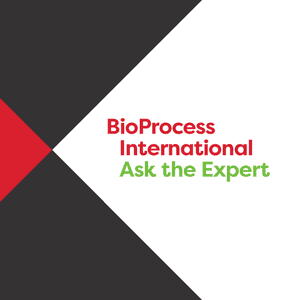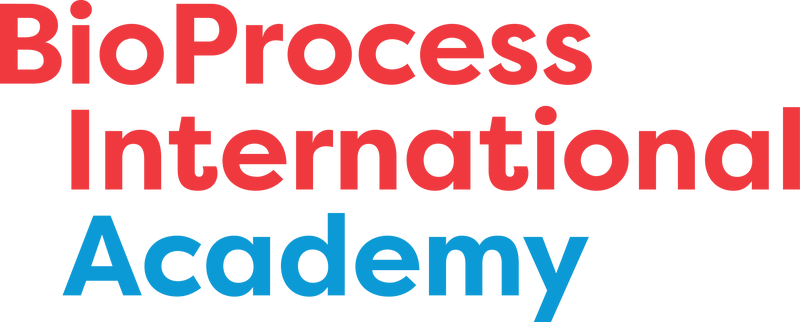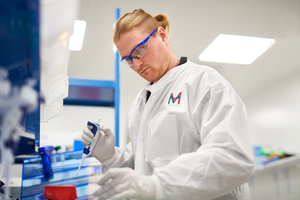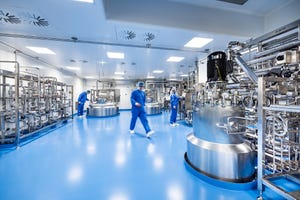- Sponsored Content
- Cell Therapies
BioProcess Insider Interview: Luis Berrade, Senior Director, Biologics Testing Solutions, Charles River Laboratories
August 21, 2023
Sponsored by Charles River Laboratories
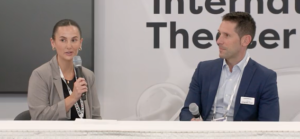
Millie Nelson, Editor, BioProcess Insider (left); Luis Berrade, Senior Director, Biologics Testing Solutions, Charles River Laboratories (right).
Charles River Laboratories (CRL) tests different biopharmaceutical modalities such as antibodies and other recombinant proteins, viral vectors, cell and gene therapy (CGT) products, and plasmids. Berrade discussed the importance of biologic testing. He said such work ensures that products are safe to treat patients. Viral-safety testing is critical, for instance, because it is used to assess the quality of pharmaceutical products and test for mycoplasma and potential viruses that could contaminate a drug.
In the past five years, newer modalities such as CGTs have had a huge increase in demand compared with that for traditional biologics. Those novel therapies require extensive and sometimes customized testing. Traditional modalities such as antibodies have established platform methods that operate on predictable timelines, but new modalities bring new obstacles. With fewer platform methods established to test new modalities, getting them into clinics requires additional development, qualification, and validation work. Berrade said that CRL evaluates each advanced therapy using a custom approach, which may require assessing its mechanism of action. Regulators often have less experience dealing with newer modalities and are thus likely to ask more questions during investigational new drug (IND) discussions, additional work for product characterization and release.
Berrade emphasized the importance of having discussions with clients about their goals and expectations for their technologies, which enables CRL to develop phase-appropriate methods that support customer needs and meet critical timelines. Those often carry more uncertainty for new modalities because of the complexity in developing new methods. It is a key area of focus for CRL to shorten timelines by building new platforms and offering them to customers. The company has committed to leveraging new technology and equipment to address the growing demand for viral vectors and CGTs. Last year it established new platforms for both types of products.
CRL continuously monitors market trends to anticipate needs for the coming years. In cell-binding characterization and viral safety, momentum toward molecular methods rather than in vivo methods has driven development of next-generation sequencing solutions. Berrade expects those technologies to replace some in vitro methods. He said that a breadth of methods could be used in the future for characterization and release of some biologics. Highlighting Droplet Digital polymerase chain reaction (ddPCR) assays from Bio-Rad Laboratories and area-under-the-curve (AUC) assessment, Berrade emphasized the importance of leveraging equipment for different readouts.
Fill out the form below to view the full interview now.
You May Also Like
